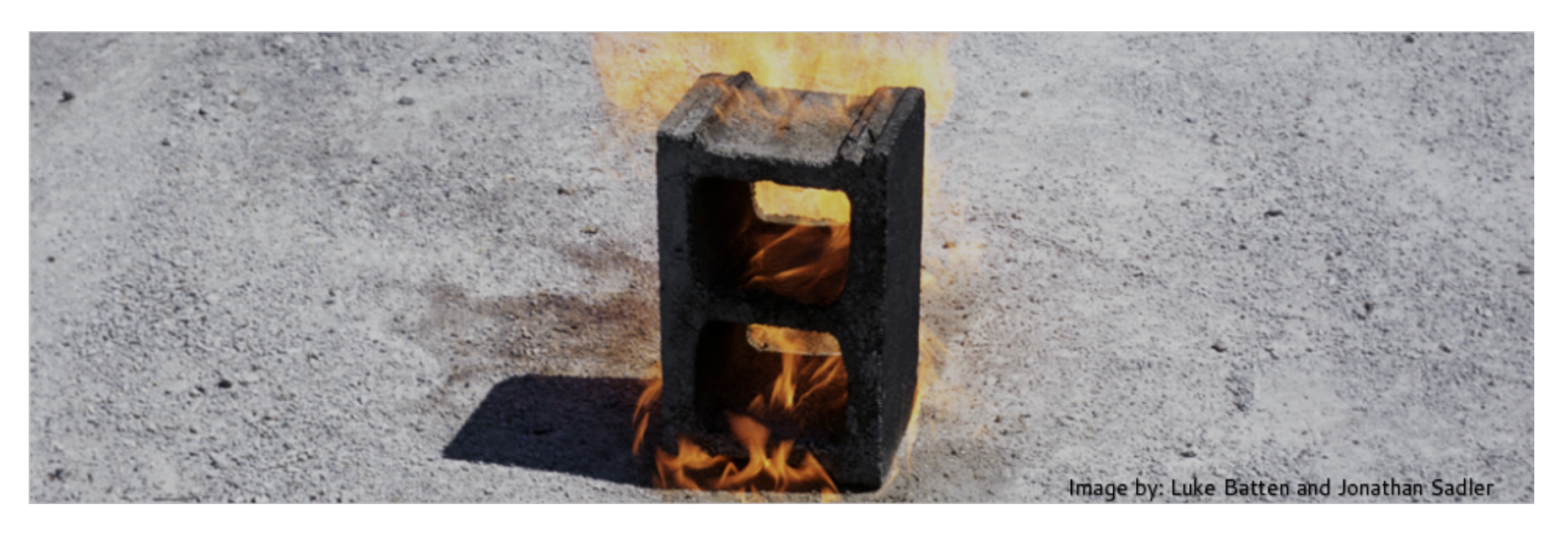On September 3, 2020, members of The Initiative in Holocaust, Genocide, and Memory Studies (HGMS) community gathered on Zoom for the third annual Graduate Student Symposium. Initially scheduled for March of 2020, this year’s digital symposium was nonetheless an opportunity for engaging presentations and discussion across a wide variety of academic disciplines and topics.
The morning session focused on memory and literature with presentations by Zachary Hader (Germanic Languages and Literatures) and Alice Balestrino (French and Italian). Hader’s presentation worked through the complicated relationship between literature and landscape in Christoph Ransmayr’s novel The Terrors of Ice and Darkness (Die Schrecken des Eises und der Finsternis) and Balestino explored memory, violence, and illness in Ennio Flaiano’s novel A Time to Kill (Tempo di uccidere) and Phillp Roth’s Nemesis.
The mid-day keynote address was given by Professor Candice Jenkins (African American Studies) titled “Towards a Theory of Speculative Pessimism”. Drawing upon a variety of contemporary African American texts as well as film, Professor Jenkins’s talk offered “speculative pessimism” as a frame for engaging with the seemingly oppositional theories of Afrofuturism and Afro-pessimism. Jenkins’s keynote was followed by an engaging conversation that touched upon how we might utilize “speculative pessimism” to think about the anti-racist uprising of the summer of 2020 that was sparked by the police murders of George Floyd and Breonna Taylor. Her talk is here: https://jewishculture.illinois.edu/third-annual-graduate-symposium-memory-studies
The afternoon panel included presentations on memory and nationalism, inter-generational memory transmission, embodiment, and epistemological approaches to memory studies. John Slattery (Germanic Languages and Literature) explored the relationship between narrative and national identity in the context of contemporary Germany in Jenny Erpenbeck’s novel Go Went Gone (Gehen, ging, gegangen), and Ragini Chakraborty discussed the politics of gender and Post-Partition India and Pakistan. Tamar Segev (Art and Design) complemented these presentations with a talk that featured her paintings (see image below) that explore her personal relationship to memory transmission, family, and Poland as the descendant of Holocaust survivors and victims. The final presentation by Sana Saboowala (School for Integrative Biology/Anthropology) charted a holistic approach to studying the socio-biological impacts of collective trauma.

Delete
Edit embedded media in the Files Tab and re-insert as needed.
Combined, the daylong conference offered a unique opportunity for graduate students working across a diverse range of disciplines, geographic regions, time periods, and languages to engage with one another and faculty. While we missed being in each other’s physical company and the chance to share lunch and coffee together, the digital platform allowed for increased accessibility and participation far beyond Champaign-Urbana.

Delete
Edit embedded media in the Files Tab and re-insert as needed.
In the midst of the global pandemic and extraordinary suffering, the conference served as a moment to slow down and critically think with one another about the power of memory and the resilience of the human spirit to face our fears by asking difficult questions. We look forward to continuing to build the HGMS community here at the University of Illinois and beyond and look forward to the day we will meet in person once again.

